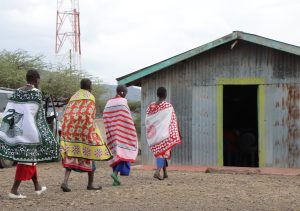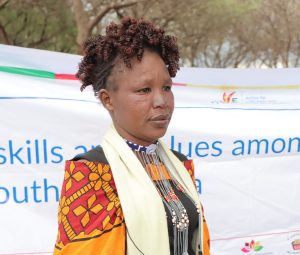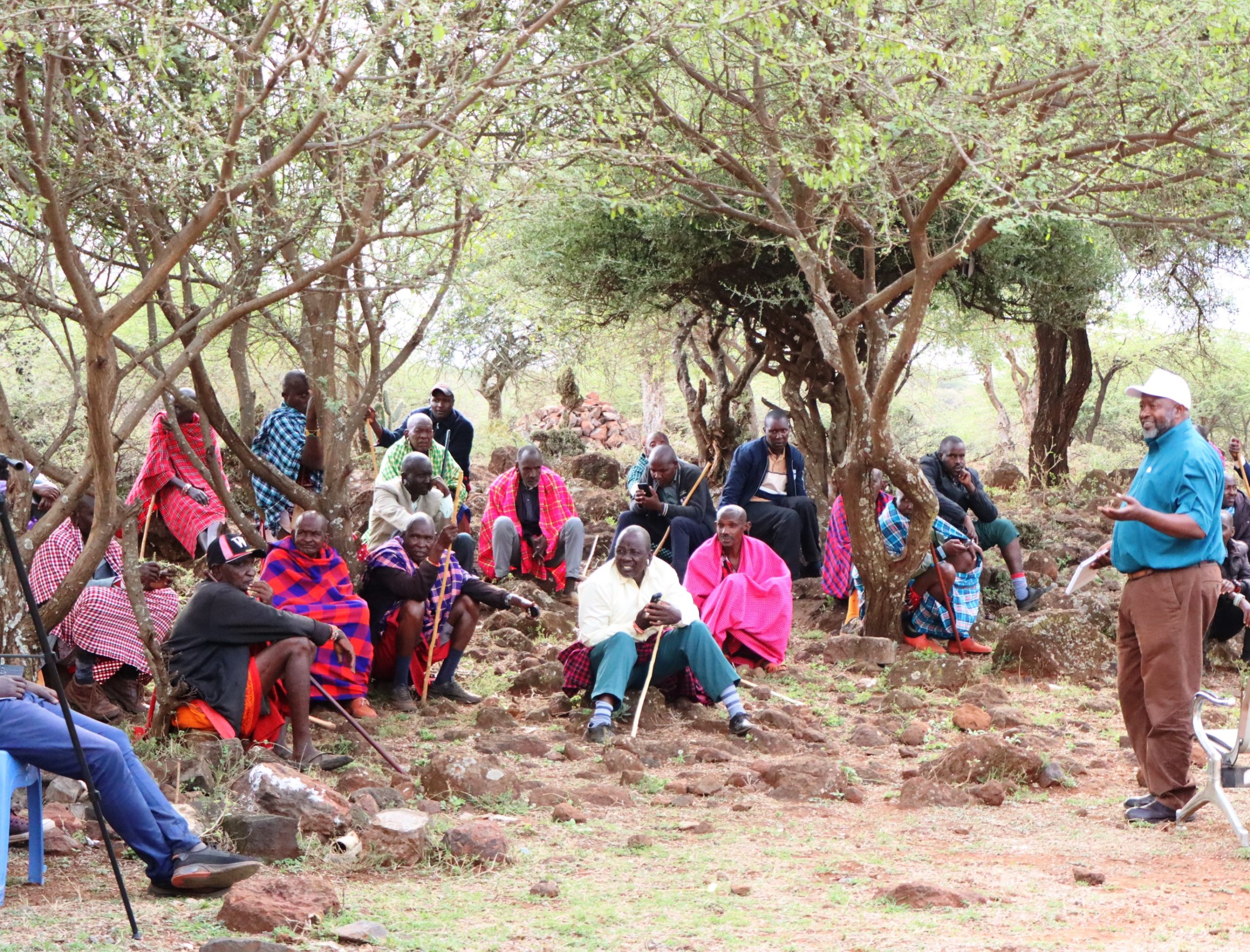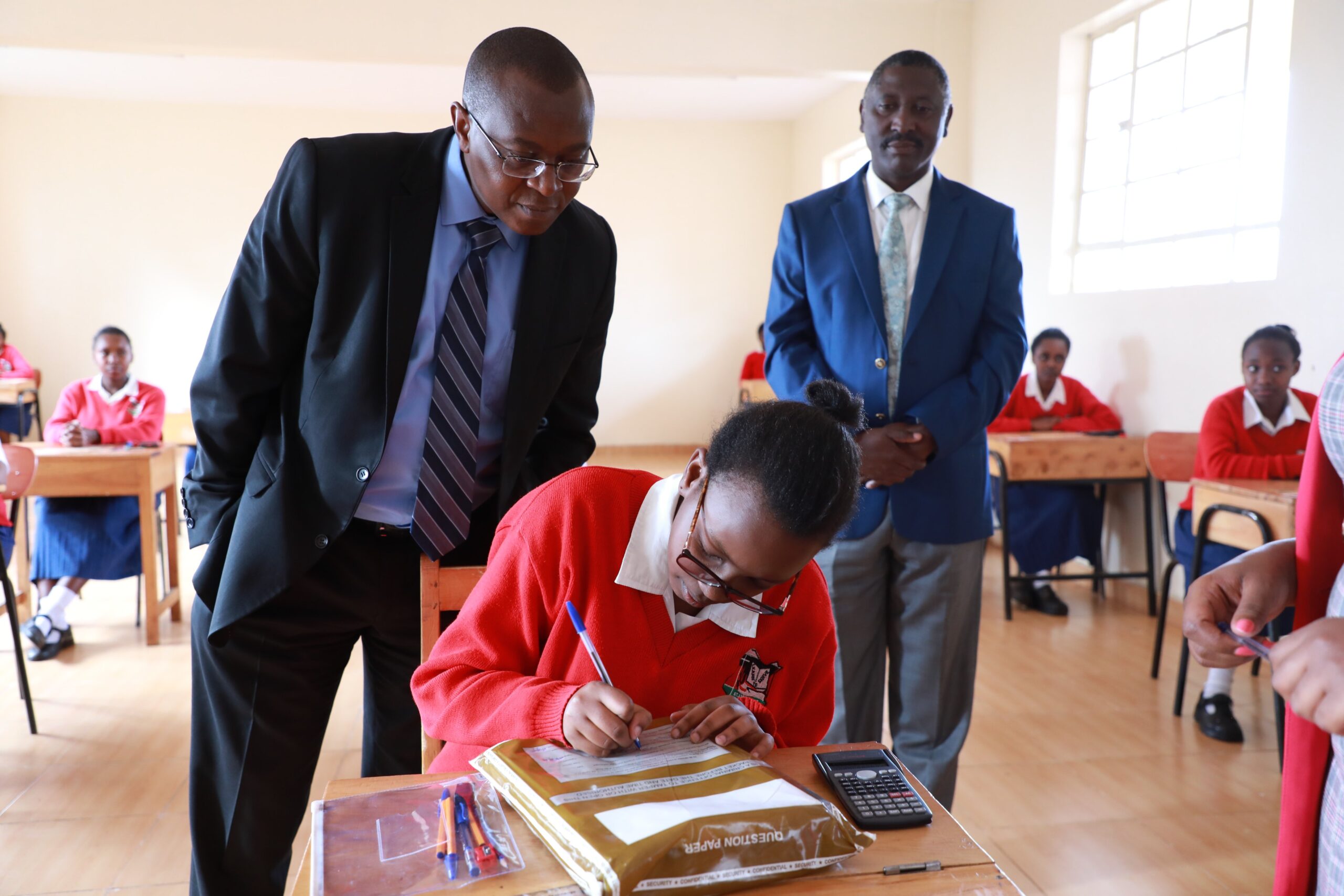In a world where digital technology dominates nearly every aspect of daily life, a silent crisis is unfolding one that isn’t about gadgets or internet access, but about character.
Across Kenya, educators and parents are increasingly worried that children are growing up digitally connected yet emotionally and socially disconnected.
From endless scrolling on TikTok to the influence of online celebrities, many children are adopting habits and values that often clash with the virtues communities once held dear. The result is a generation skilled at navigating screens but struggling with real life problem solving, communication, and empathy.
In a recent incident in Ongata Rongai, Kajiado North, that shocked many, the dangers of poor values and misuse of digital gadgets among children were laid bare. A four year old boy drowned after allegedly being tied by the hands and legs and thrown into a river by two boys aged 10 and 12, who accused him of using abusive language toward them.
A large-scale assessment of adolescents (13-17 years) done by Action for Life Skills and Values Across East Africa (ALiVE), painted a worrying picture. The findings indicate that only 5% of the adolescents were proficient in problem solving, while more than half (55%) could only recognize a problem from one perspective but struggled to identify multiple solutions.
Researchers linked this gap to a lack of deliberate nurturing of life skills and value-based learning both at home and in schools.
To bridge this gap ALiVE embarked on a 10-week regional parental engagement campaign on nurturing problem solving among children and youth. The campaign dubbed nurturing a generation of problem solvers was rolled out in Kenya, Uganda, Tanzania (mainland) and Zanzibar, with an aim to support parents with practical tools that they can use to engage with their children and to help them identify problems and solutions to the problems. Here in Kenya, the campaign focused on two pastoral counties, that is Isiolo and Kajiado.
ALSO READ:
KNEC outlines whistleblowing channels to safeguard integrity of national exams
“I am no longer the dictator mother I used to be. Through the campaign, I have learned to engage respectfully with my children. They are now more independent, and this takes a load of issues off my shoulders as well. Now I admire watching them play and go about their businesses without my intrusion,” noted Christine Likam, a community champion in Kajiado.
ALiVE is a collaborative initiative of RELI Africa, and brings together 14 organizations across East Africa, all committed to ensuring that life skills and values are not just taught but lived both in classrooms and homes. In Kenya, ALiVE works through Zizi Afrique Foundation.
During a recent field monitoring visit by Zizi Afrique Foundation in Kajiado county parents voiced deep concerns over the consequences of minimal engagement with their children they shared how limited communication and their lack of values-based guidance at home have contributed to travelling social issues voiced.
Pastor Isaac Koyei, a member of the Board of Management at Ewuaso Girls Secondary School, revealed a sharp rise in teenage pregnancies and school dropouts.
“The rate at which our girls are getting pregnant is alarming. Many are dropping out of school — even five candidates sitting for their exams this year are pregnant. Something needs to be done,” he said.
For Pastor Koyei, the issue stems from weak parental involvement.

“Most parents only pay school fees but rarely engage their children on moral values or life challenges,” he added.
During the Parental Engagement Campaign, Zizi Afrique identified community champions to promote life skills and values.
Among those taking action is Robert Kamanga from Kajiado, one of the trained community champion. He believes that parents play a central role in shaping their children’s personal and social success.
“When parents engage closely with their children, they create a safe space for them to share their struggles and find solutions together,” Kamanga said.
ALSO READ:
KEJUSTA reaffirms push for JSS autonomy, confirmation of Intern teachers
He has since begun working with local parents to help them understand how life skills from communication to critical thinking can prepare their children for both personal growth and career success.
Similarly, Ali Letura from Dupoto e Maa Organization highlighted the need for cultural reconnection, particularly among Maasai fathers.
“Many men have become absentee parents. They rarely talk to their children, leaving a gap in cultural guidance and moral development,” Letura noted.

Christine Likam, a community champion from Keekonyokie Central, Kajiado, said she has been using barazas, churches, and marketplaces to sensitize parents on the importance of instilling life skills and values in their children. She noted that parents are increasingly realizing how crucial their role is in shaping their children’s behavior and future.
Simon Lepasho, the National Parents Association representative in Kajiado County, emphasized that parents are the first and most important teachers in a child’s life.
“Many parents don’t realize that they are the first educators. They need support to effectively pass on life skills and values to their children,” he said.
As communities across Kenya grapple with the fast-changing digital world and its impacts, organizations like Zizi Afrique Foundation and initiatives like ALiVE, are already working working to shift education systems across the East African region. Their goal is to ensure that schools and families jointly install essential values, not a separate subject but as part of everyday learning and living.
In the end, building character may prove just as crucial as building the curriculum. After all, in a future shaped by technology, the true test of progress may not be how well children code or compute but how well they connect, communicate, and care.
By Obegi Malack
You can also follow our social media pages on Twitter: Education News KE and Facebook: Education News Newspaper for timely updates.
>>> Click here to stay up-to-date with trending regional stories
>>> Click here to read more informed opinions on the country’s education landscape






